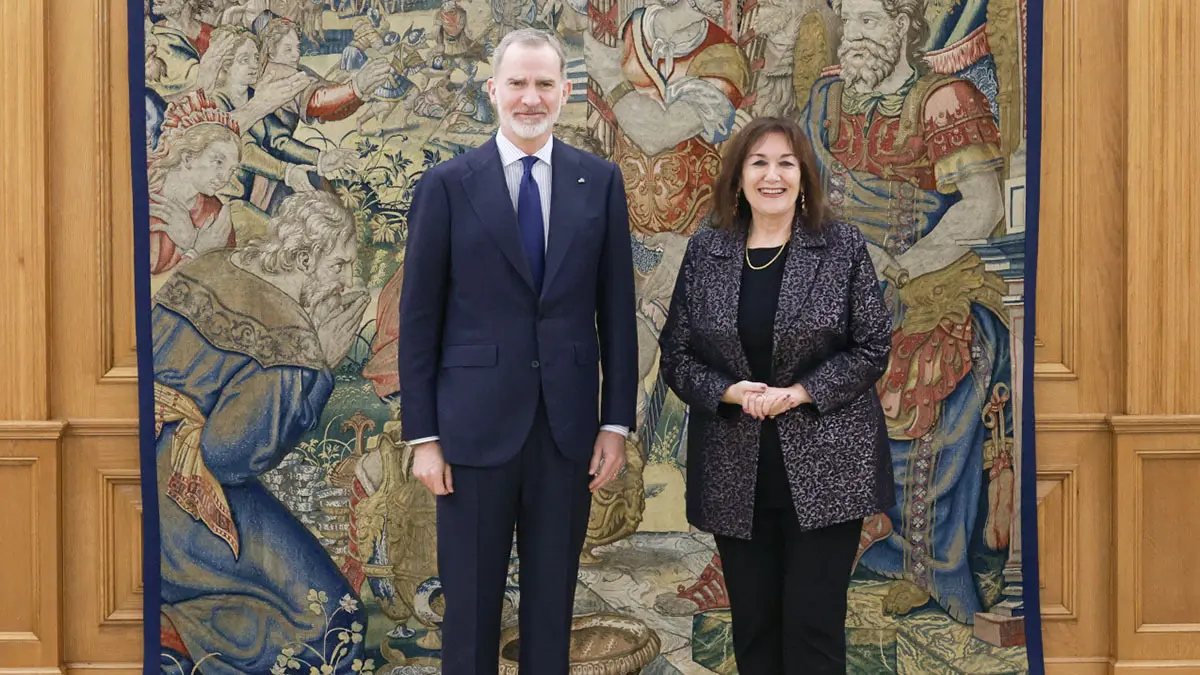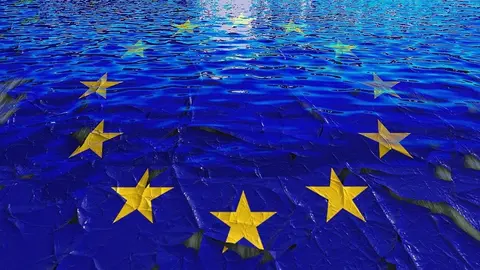The EU in search of a new pact for the Mediterranean

‘Spain has always played a fundamental role in the Mediterranean and I will collaborate with its government and all interested parties to ensure that our initiatives bring real and lasting benefits to the whole region’. This was the message from the European Commissioner for the Mediterranean, Dubravka Suica, during her visit to Madrid to participate in high-level meetings aimed at intensifying cooperation on issues of fundamental importance to the region.
Suica, who was received in audience by King Felipe VI, met with the Minister of Foreign Affairs, José Manuel Albares, and the Minister of Inclusion, Social Security and Migration, Elma Saiz, as well as with the Secretary General of the Union for the Mediterranean (UfM), Nasser Kamel.
The commissioner emphasised the EU's main strategic priorities. Thus, the new Pact for the Mediterranean would have a more integrated focus on bilateral and regional cooperation, relations with North Africa and the Persian Gulf partners, the current situation in the Middle East, including reconstruction needs, and the role of the UfM.
The European leader pointed to the importance of Spain's role as a bridge between Europe and the Mediterranean, and emphasised its strong links with North African partners in areas such as migration, the economy and energy. Future investments in energy and clinical technology, as well as in the management of migration, are to be included in the new Pact.
Dubravka Suica reaffirmed the EU's commitment to supporting the stability and development of the Middle East, referring to the plans already in place for the 9th Brussels Conference on Syria, including future financial aid for the speedy recovery and reconstruction of the devastated country.
Likewise, the commissioner and the Spanish and UfM authorities with whom she met pointed out the strategic importance of strengthened cooperation between the EU and the Persian Gulf region, with plans to promote association agreements with the six countries that make up the Gulf Cooperation Council (GCC).
They addressed ways of intensifying regional cooperation, in particular through the revitalisation of the Union for the Mediterranean, the only regional organisation that brings together the EU and the partners on the southern shore of the Mediterranean.
A crucial issue, they also dealt with migration management, in which Spain is a decisive partner. Legal channels to channel it, and therefore reduce irregular immigration by combating the smuggling of migrants, are the fundamental pillars of a cooperation that can only be global.
They also addressed the evolution of capacities that are essential for economic competitiveness and social cohesion. The EU has already launched talent partnerships with Morocco, Tunisia and Egypt, with the aim of strengthening capacities that favour mobility and the consequent labour migration.
The commissioner summarised the essential lines of the New Pact for the Mediterranean as ‘agreeing on a common vision for the region, with special emphasis on trade and investment, energy and clean technologies, adaptation to climate change, digital connectivity and transport, security, interpersonal relations and migration management’.
However, Dubravka Šaica recognised that Europe cannot act alone: ‘The Mediterranean and the Persian Gulf are deeply interconnected, and closer cooperation between the EU and the Gulf will be fundamental in facing both global and regional challenges’. And she advocated not missing the opportunity of the celebration next November of the thirtieth anniversary of the Barcelona Process, to intensify and revitalise cooperation between the two shores of our Mediterranean Sea.


